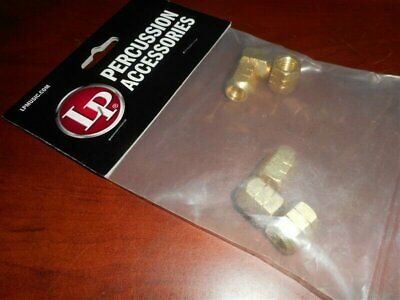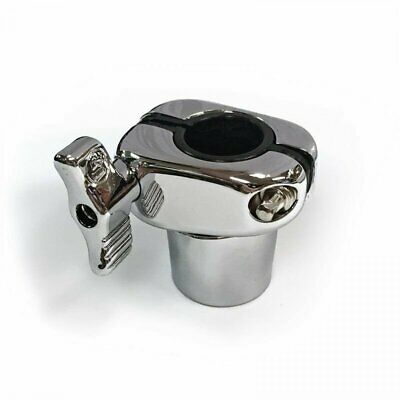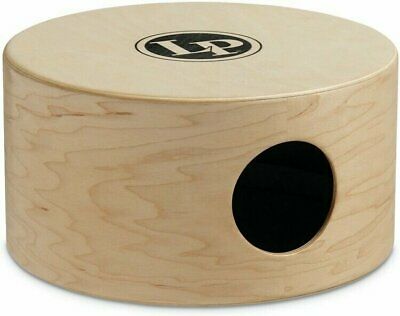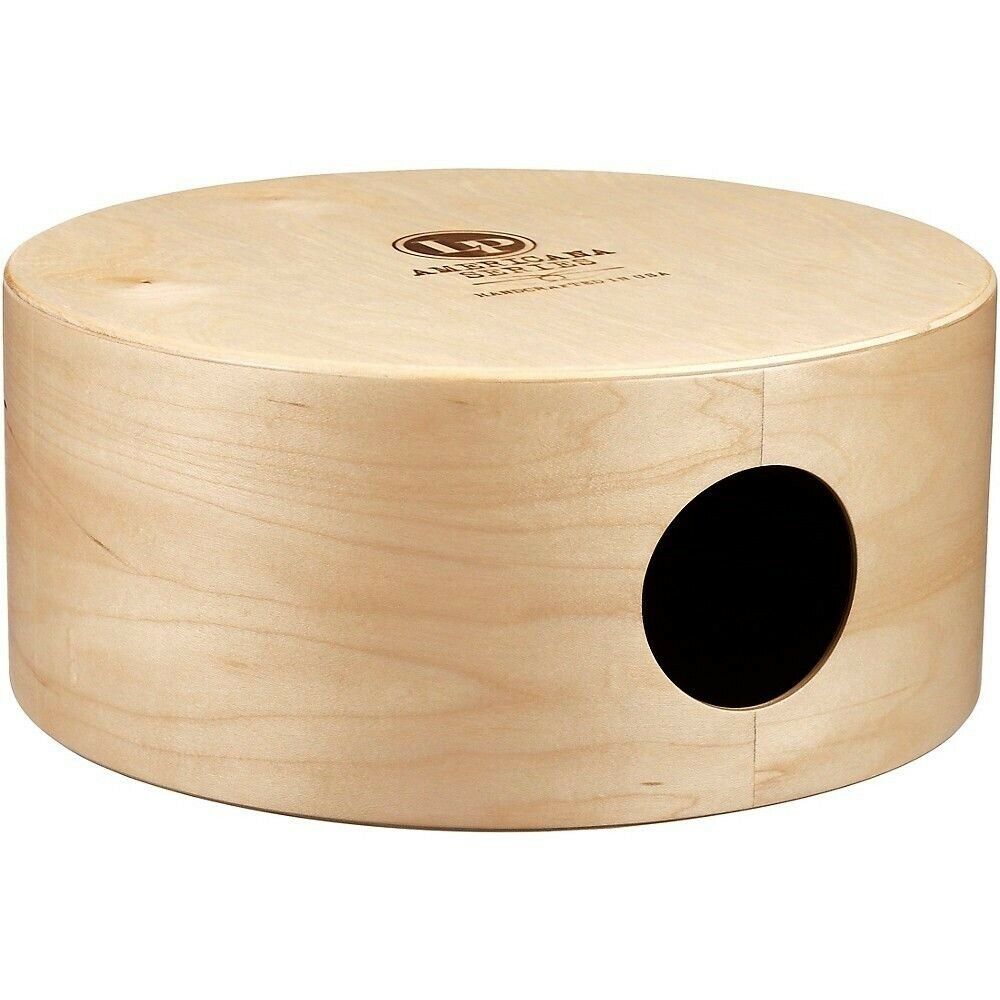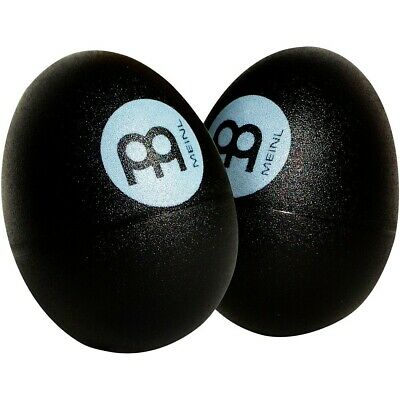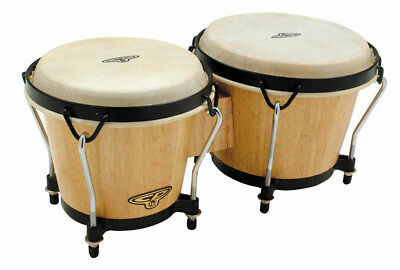-40%
Udu Drum (Kuzeh) Large By DOYEK UDL1
$ 105.54
- Description
- Size Guide
Description
Doyek Udu Drums (Kuzeh) - A Quintet by Pejman Hadadi - YouTubeVideo will open in a new window
Using the eBay App? Paste link into a browser window:
[isdntekvideo]
Udu Drum Large By DOYEK UDL1
Ceramic
Large size
Flat Bottom
Maker: DOYEK
Weight: 3 kg
Width: 36 cm
Diameter 30 cm
It comes with Padded bag and black hoop (Circle)
In some African tribes, India & also Iran, clay pots are used as percussion. The clay pot, partly idiophone & partly aerophone, is the same pot that has traditionally been used for carrying & keeping water but has also had the function of a musical instrument. Despite its simple shape, it has significant capability in playing various kinds of rhythms.
Kuzeh (Iran)
In Baluchestan, two Kuzehs are played with a metal platter. This combination, the oldest idiophone instrument in Baluchestan, is known as Kuzak & Tal. The Kuzeh is never played separately. Rather, it is always accompanied by a platter. The player can change the pitch by adding water into these clay pots.
The Kuzeh of Kerman is Spindle-like with no handhold. They are made in small & large sizes to accompany folk songs. Because of the uneven bottom, the player uses special holders or holds it by hands or legs.
Since time immemorial, the white clay pot has been common in Hormozgan province. Called Jahleh, this pot is completely round & spherical. To play Jahleh, one palm vertically beats on the throat while the other hand strikes on the body. The sound of the throat is thick while the sound of the body is relatively dry. The combination of these two sounds is marvelous. Jahlehs are played singly or together by a group, though each player never uses more than one Jahleh at a time. No water is added into Jahleh as there is no need to change the pitch.
Nigeria (Udu)
The word Udu means both pottery & peace in the Igbo (a tribe in southeastern Nigeria) language. It has many different names in Nigeria, depending on tribal areas & ceremonies in which it is used. "Abang mbre" or "pot for playing" is the name generally ascribed to it. The pottery & other sacred items become a medium for spirits, ancestors & gods. The Igbo perform prayers & sacrifices before them to please the spirits & ask them for help & guidance. During these rituals, the deep haunting sounds of the Udu drums are believed to be the "voices of ancestors". Traditionally, only Igbo women produce Udus & other pottery, as pottery is too dangerous for men. The needed clay is collected in sacred locations. The presence of a man in those secret spots would be a serious offense & cause him to become impotent. Today, the sounds of musical pots praise God in churches, because nowadays most Igbos are Christian. Even their men fearlessly play it to entertain audiences in bars.
India (Ghatam)
Ghatam in Sanskrit means pot & is one of the oldest percussion instruments used in the Carnatic Music of South India. Its analogue in Rajasthan is known as madga & pani mataqa (water jug). Although the ghatam is the same shape as an ordinary Indian domestic clay pot, it is made specifically to be played as an instrument.
The player uses the fingers, thumbs, palms, & heels of the hands to strike the outer surface of the ghatam. It is also suitable for playing fast rhythmic patterns.
Many famous percussionists all around the world have noticed the peaceful & mystical sound of this instrument. As far as the traditional Iranian music is concerned, the Kuzeh has recently found its way into remarkable positions in various musical blends played by some modern bands, whereby the sound of the Kuzeh reaches the ear more & more frequently.
Along with Kuzeh-makers in many different countries, Iranian craftsmen have also begun, in recent years, to manufacture their own as a novel experience. Undoubtedly, the Kuzeh, as a musical instrument with its particular features & capabilities is still far from known to many musicians in the country. Our objective, therefore, is to introduce & popularize it as widely as possible by producing a greater variety of pots with higher musical quality & offering them to those interested in pots, the percussionists in particular.
Shipping Deatails:
Surface: 2-4 weeks (Free Shipping)
DHL: 2-4 days

